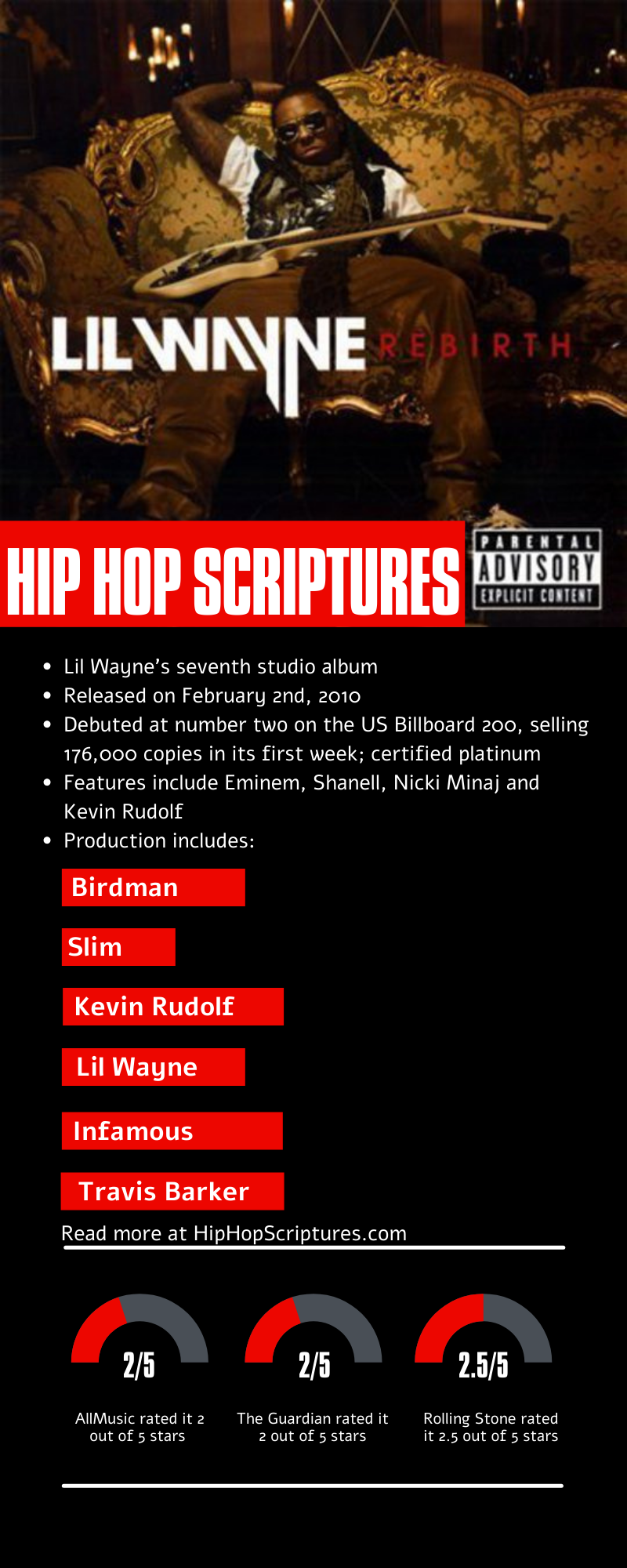
“It was terrible,” she said, “His raspy, lazy vocals young, rich American rebel lyrics and low quality, ‘poser’ teenage garage band rock mixed with ‘club’ hip hop was a disgusting mutant, formed out of the two bad characteristics of two legitimate musical genres.
.png)
Which was followed by a brief period of subconsciousness, which all happened about two minutes into the song Prom Queen. The main evidence submitted was Lil Wayne’s album, which was listened all the way through, and caused Justice Ruth Bader Ginsburg to faint. I’m entitled to make music the way I wish to, and if that means I have to misrepresent the rock star persona and abuse a guitar, so be it.”ĭuring the first day, several witnesses were called to the stand, including Bryan “Birdman” Williams, Ringo Starr, Axl Rose, and the reanimated corpse of Jimi Hendrix. Lil Wayne came to his own defense, saying, “This is a violation against my right of free speech. We will then sell shares of the radio stations to quality rock record labels, and the rest will go to charity.” So what does the Rock Musicians Union plan to do with all the money? Chairman Chaim Witz stated, “We plan on using it to buy out radio stations who promote garbage, such as this, and misrepresent it as music. The sum of money the album generated is expected to be between $129.7 and 134.2 million dollars. Rebirth is best known as one of the only rap (despite being a rock/rap crossover) albums to go diamond, and being a RIAA certified 13x platinum album. The Rock Musicians Union had filed a lawsuit against the rapper that goes by “Lil Wayne” on grounds of defamation and slander They are reportedly seeking all of the revenue garnered from Wayne’s February 2010 album Rebirth. had not been released from prison yet, it was suspended. The case was scheduled to begin early January this year, but because Dwayne Carter, Jr. has finally made its way to the United States Supreme Court and the session is expected to begin this Saturday. After many speculations, press conferences, announcements, and interviews, the case of Rock Music v.


 0 kommentar(er)
0 kommentar(er)
